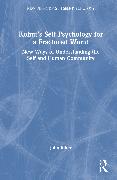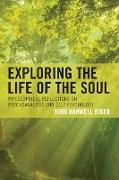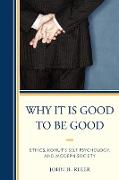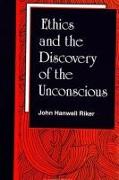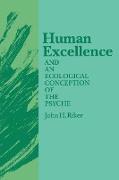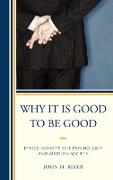This book explores the possibility of grounding the idea of human excellence, which has traditionally been associated with hierarchical systems, on an ecological structuring of the psyche. Riker bases his concept on recent work in psychoanalytic theory, emotion theory, sociobiology, ethnogenic social psychology, and feminism, as well as on the insights of such philosophers as Aristotle, Nietzsche, Whitehead, Heidegger, and Wittgenstein.
CHF 125.00
